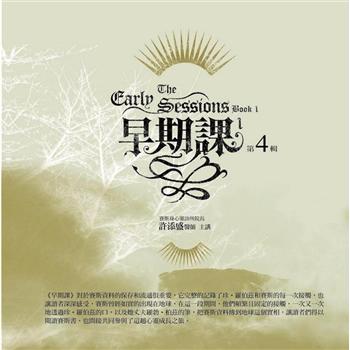Athletics represented an important institution through which the Greek aristocracies sought to maintain their privileged political position, with the assistance of charioteers, jockeys and trainers from the lower classes. In the late archaic and early classical period, the relationship between the victors and helpers changed radically, threatening the political value of athletics, and undermining the institution for aristocrats. Nigel Nicholson examines how aristocrats responded to these changes through a study of the significance of victory memorials as a symbol of social struggle in ancient Greece.
| FindBook |
有 1 項符合
Aristocracy and Athletics in Archaic and Classical Greece的圖書 |
 |
Aristocracy and Athletics in Archaic and Classical Greece 作者:Nicholson 出版社:Cambridge University Press 出版日期:2011-10-27 語言:英文 規格:平裝 / 296頁 / 22.9 x 15.2 x 1.8 cm / 普通級 |
| 圖書館借閱 |
| 國家圖書館 | 全國圖書書目資訊網 | 國立公共資訊圖書館 | 電子書服務平台 | MetaCat 跨館整合查詢 |
| 臺北市立圖書館 | 新北市立圖書館 | 基隆市公共圖書館 | 桃園市立圖書館 | 新竹縣公共圖書館 |
| 苗栗縣立圖書館 | 臺中市立圖書館 | 彰化縣公共圖書館 | 南投縣文化局 | 雲林縣公共圖書館 |
| 嘉義縣圖書館 | 臺南市立圖書館 | 高雄市立圖書館 | 屏東縣公共圖書館 | 宜蘭縣公共圖書館 |
| 花蓮縣文化局 | 臺東縣文化處 |
|
|
圖書介紹 - 資料來源:博客來 評分:
圖書名稱:Aristocracy and Athletics in Archaic and Classical Greece
|











